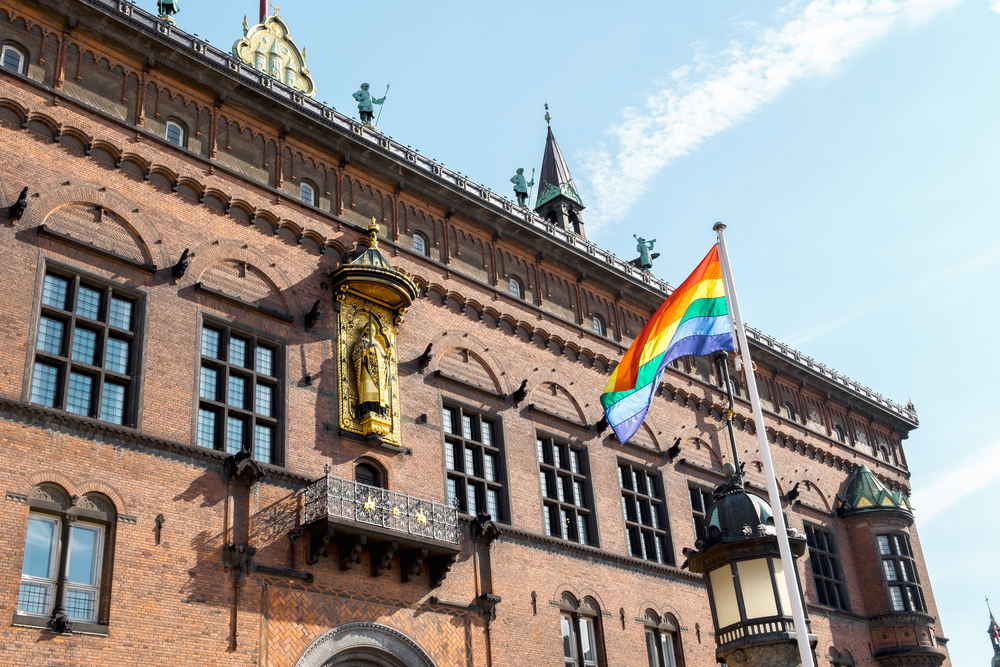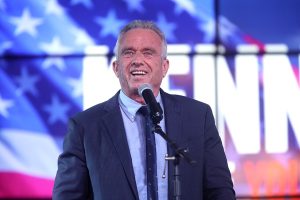The policy shift reflects ongoing efforts within the U.S. government to rectify past discriminatory practices.
Others are reading now
President Joe Biden issued a proclamation on Wednesday launching a process to pardon American veterans convicted by military courts for engaging in homosexual activities, a practice prohibited by the U.S. armed forces until 2013.
Affected veterans may need to submit an application
The Biden administration anticipates that the proclamation could lead to the expungement of convictions for thousands of individuals convicted of consensual sexual relationships, according to a senior White House official.
“Our nation’s military members are on the front lines of freedom, risking their lives to defend our country,” stated President Joe Biden in a press release. “Despite their courage and immense sacrifices, thousands of LGBTQI+ members of the armed forces were forced out of military service because of their sexual orientation or gender identity,” he emphasized.
White House officials clarified that affected veterans may need to submit an application to demonstrate their eligibility for pardon. Additionally, if pardoned, they may request to amend their military records to change the reason for their discharge.
Also read
The Biden administration is also exploring various outreach methods to inform veterans potentially eligible for clemency about the measure.
Historical Context and Congressional Actions
The move comes nearly a decade after Congress repealed Article 125 of the U.S. Military’s Code of Conduct in late 2013, which previously prohibited “unnatural carnal copulation.”
This legislative change followed the repeal of the controversial “Don’t ask, don’t tell” policy three years earlier, which forbade the military from discriminating against LGBT individuals who did not openly disclose their sexual orientation but barred those who did from serving openly.
Introduced during the Clinton administration in 1993, “Don’t ask, don’t tell” was initially seen as groundbreaking but faced mounting criticism over the years for encouraging LGBT individuals to conceal their sexual orientation.
The policy shift reflects ongoing efforts within the U.S. government to rectify past discriminatory practices and support equality within the armed forces.








